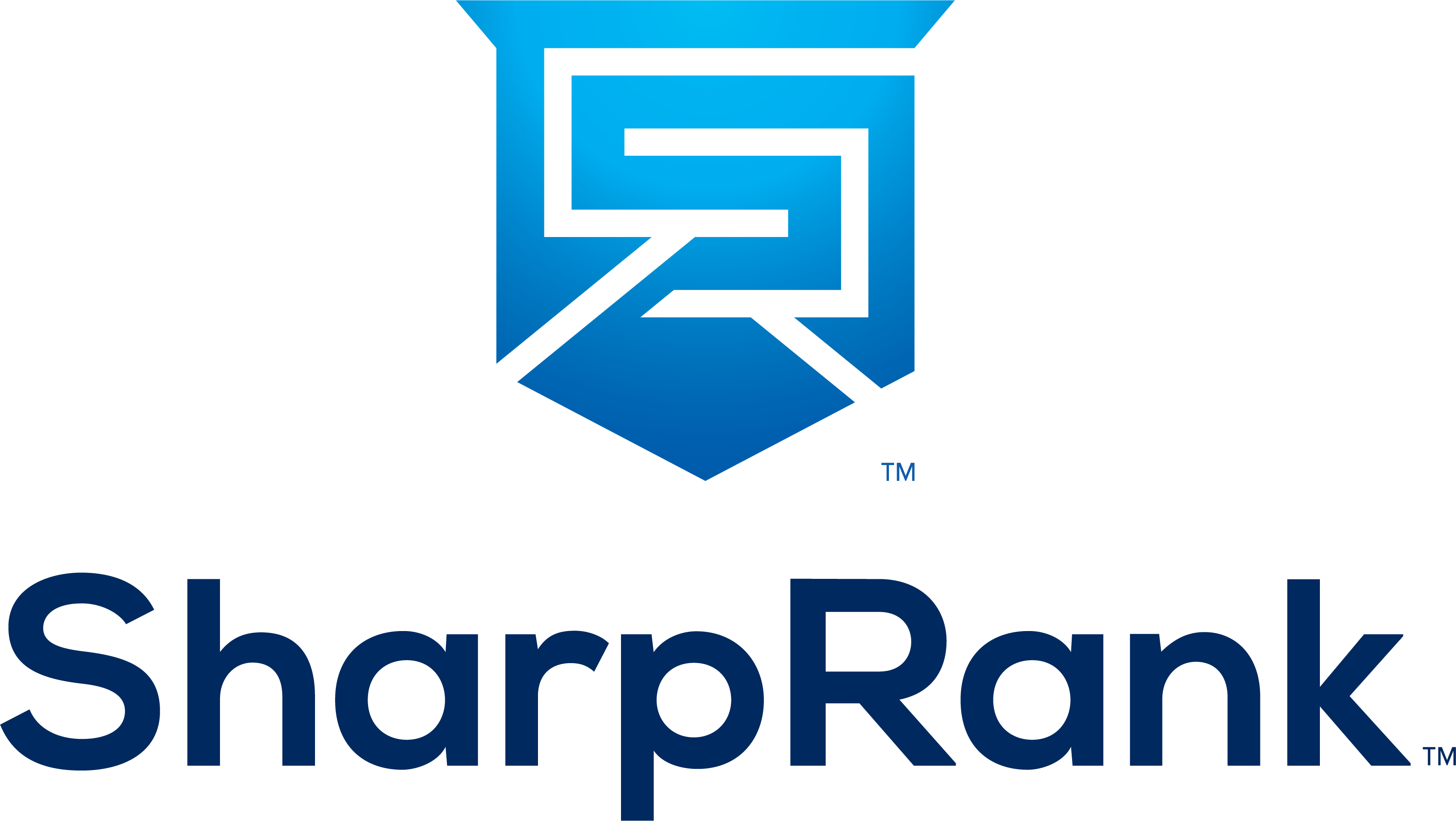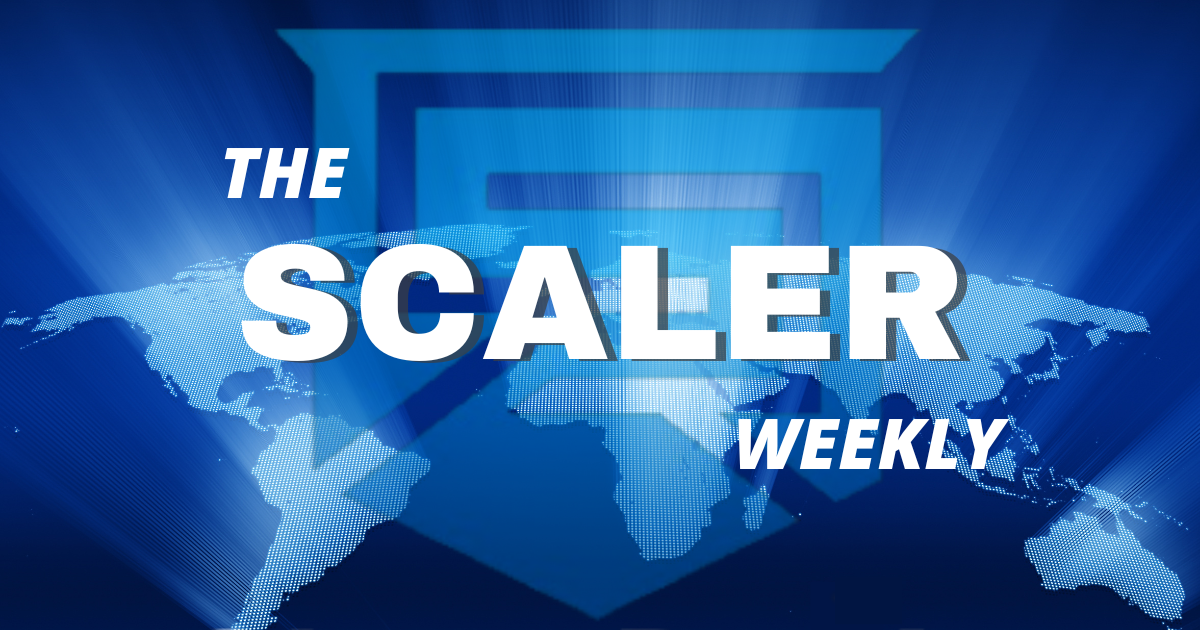Delaware’s Proposed Sports Betting Overhaul: HB 365
Lawmakers in Delaware are considering significant changes to the state’s sports betting legislation, with House Bill 365 aiming to amend current gaming laws for a more open sports betting market. Delaware, the second state in North America to introduce single-game wagering after Nevada in 2018, initially partnered with 888’s services before switching to BetRivers under Rush Street Interactive. Sen. Spiros Mantzavinos emphasized the benefits of healthy competition in the marketplace, highlighting the proposal’s aim to secure legal gaming sites. Rep. Frankling Cooke and William Bush are sponsoring the bill, which seeks to expand Delaware’s sports betting market by introducing video lottery agents alongside betting operators. These agents can partner with up to two mobile betting sites, with operators required to pay $500,000 for a five-year wagering license, revenue that will go into Delaware’s General Fund. Renewal of the license would cost an additional $250,000. The bill also includes a new provision to tax operators at 18%, with proceeds directed to the Lottery Fund in Delaware. With three video lottery sites currently in the state, the bill sets regulations for up to six new sportsbooks, with users required to be 21 or older to participate under HB 365’s guidelines.
Brazil’s Betting Regulation: SPA Establishment and Appointment Controversy
Brazil’s Ministry of Finance has revealed plans to establish the Prizes and Betting Secretariat (SPA) as the regulatory body for the country’s emerging betting market, with a four-stage implementation process set to conclude by July 2024. The SPA, a division within the Ministry, will craft and disseminate regulations according to specified guidelines, aiming to create a stable and reliable betting environment. The ordinance lays out the stages: the first focusing on technical specifications and licensing procedures, the second on anti-money laundering policies and bettor protection, the third on online gaming security and advertising, and the fourth on industry contributions for social responsibility. However, the appointment of a SPA president by Finance Minister Fernando Haddad remains contentious due to bipartisan interests in Congress vying for control over the agency.
Connecticut Lawmakers Back UConn Pavilion Upgrade Amid Sports Betting Talks
Lawmakers in Connecticut are poised to approve substantial funding and regulatory changes to bolster the University of Connecticut’s athletic infrastructure while reshaping sports betting laws. The University’s ambitious $100 million proposal to enhance the Harry A. Gampel Pavilion, home to its renowned basketball teams, is expected to receive backing, forming part of a broader $650 million initiative over five years to fortify campus infrastructure. Governor Ned Lamont expressed optimism about securing additional private funding alongside proposed bonding, emphasizing the impact of UConn’s sporting success on legislative decisions. Concurrently, lawmakers are considering changes to state sports betting laws, including the potential legalization of wagering on UConn and other collegiate teams in Connecticut for game outcomes like point spreads, while restricting bets on individual player statistics. While the university remains neutral on the proposed changes, concerns have been voiced regarding allowing betting on UConn games, echoing sentiments from higher education leaders and the NCAA’s efforts to prevent proposition bets following recent gambling scandals in college sports. Despite these concerns, lawmakers like Rep. Matt Ritter argue that existing safety measures are effective, though Rep. Vincent Candelora highlights the need for robust safeguards given recent suspicious betting activity. With bipartisan support for both Gampel Pavilion upgrades and sports betting law amendments, Connecticut aims to navigate these challenges to enhance its sporting landscape while maintaining integrity in its regulatory framework.
Kentucky Creates Horse Racing and Gaming Commission Despite Governor’s Veto
The Republican-led General Assembly in Kentucky has overridden Governor Andy Beshear’s vetoes, including one regarding gaming, passing Senate Bill 299 to establish the Kentucky Horse Racing and Gaming Commission. This new independent corporation will replace the Kentucky Horse Racing Commission and the Department of Charitable Gaming, despite Beshear calling SB 299 “unnecessary and unworkable.” The Governor preferred SB 281, which would have kept gaming regulations in the cabinet but separated horse racing and sports betting into different divisions. The new commission, with 15 board members, will oversee sports betting, horse racing, breed development, licensing, investigations, and charitable gaming, aiming to generate profits as a corporation. It is set to begin operations on July 1 and will absorb employees from the previous Horse Racing Commission by that date, with the charitable division joining next summer. Beshear credited the Public Protection Cabinet’s efforts for the early launch of Kentucky sports betting, which saw $900 million in handle and $15 million in tax revenue in its first three months, highlighting significant wagers on events like the NCAA men’s tournament and the Super Bowl.
Michigan Gaming Control Board Director Vows Zero Tolerance for Illegal Gambling
Michigan Gaming Control Board Executive Director Henry Williams reaffirmed Michigan’s strong stance against illegal gambling during the International Master of Gaming Law Spring Conference, emphasizing that the state will prosecute individuals involved in such activities. Williams highlighted the MGCB’s zero-tolerance policy towards illegal gaming, aiming to protect citizens and the legitimate gaming industry from being tainted by illegal operations. The MGCB has partnered with the Michigan Attorney General’s Office to seize 79 illegal gambling machines and prosecute individuals for illegal gambling activities. Cease-and-desist letters were also sent to three online gaming companies earlier this year for operating without proper licenses in Michigan.
FanDuel Mobilizes Illinois Customers Against Proposed Sports Betting Tax Hike
FanDuel Sportsbook is rallying its Illinois customers to oppose Gov. JB Pritzker’s proposed tax increase on sports betting, sending out alerts urging them to contact state lawmakers. The proposed hike would raise the tax rate from 15% to 35%. Illinois is not alone in this trend; New Jersey and Ohio are also considering tax rate increases on sports betting. FanDuel’s CEO, Amy Howe, emphasized the delicate balance between tax revenue and competition, cautioning that excessively high tax rates could drive consumers to the black market. In contrast, New York has the highest online sports betting tax rate at 51%, which has resulted in significant tax revenue for the state. Despite attempts to decrease the tax rate in New York, such efforts have been unsuccessful, with operators like DraftKings expressing concerns about offering worse odds if the tax remains high.
South Africa’s Democratic Alliance Introduces Remote Gambling Bill for Industry Regulation
The Democratic Alliance in South Africa has introduced the Remote Gambling Bill (B11-2024), aiming to regulate online gambling, which has been without official regulation despite a bill on the table since 2008. The proposed bill includes a new licensing system, regulations for operators, and protection measures to prevent gambling-related harm. The Democratic Alliance argues that this bill will fill a “legal gap” in the industry and has been constructed over two years to strike a balance between protection, regulation, and administration. The bill proposes three types of licenses, including for operators, manufacturers, suppliers, and maintenance providers. License applications will go through provincial licensing authorities, with the National Gambling Board having the final say. The bill also outlines regulations for player protection, such as minimum age requirements of 18, no credit extension to players, and options for self-exclusion. The Democratic Alliance sees this bill as vital for protecting vulnerable individuals and believes its chances of passing are increased due to upcoming elections that may shift the political landscape. The bill’s introduction reflects efforts to bring South Africa’s online gambling industry in line with best practices, promoting growth and responsible gaming in the country.

